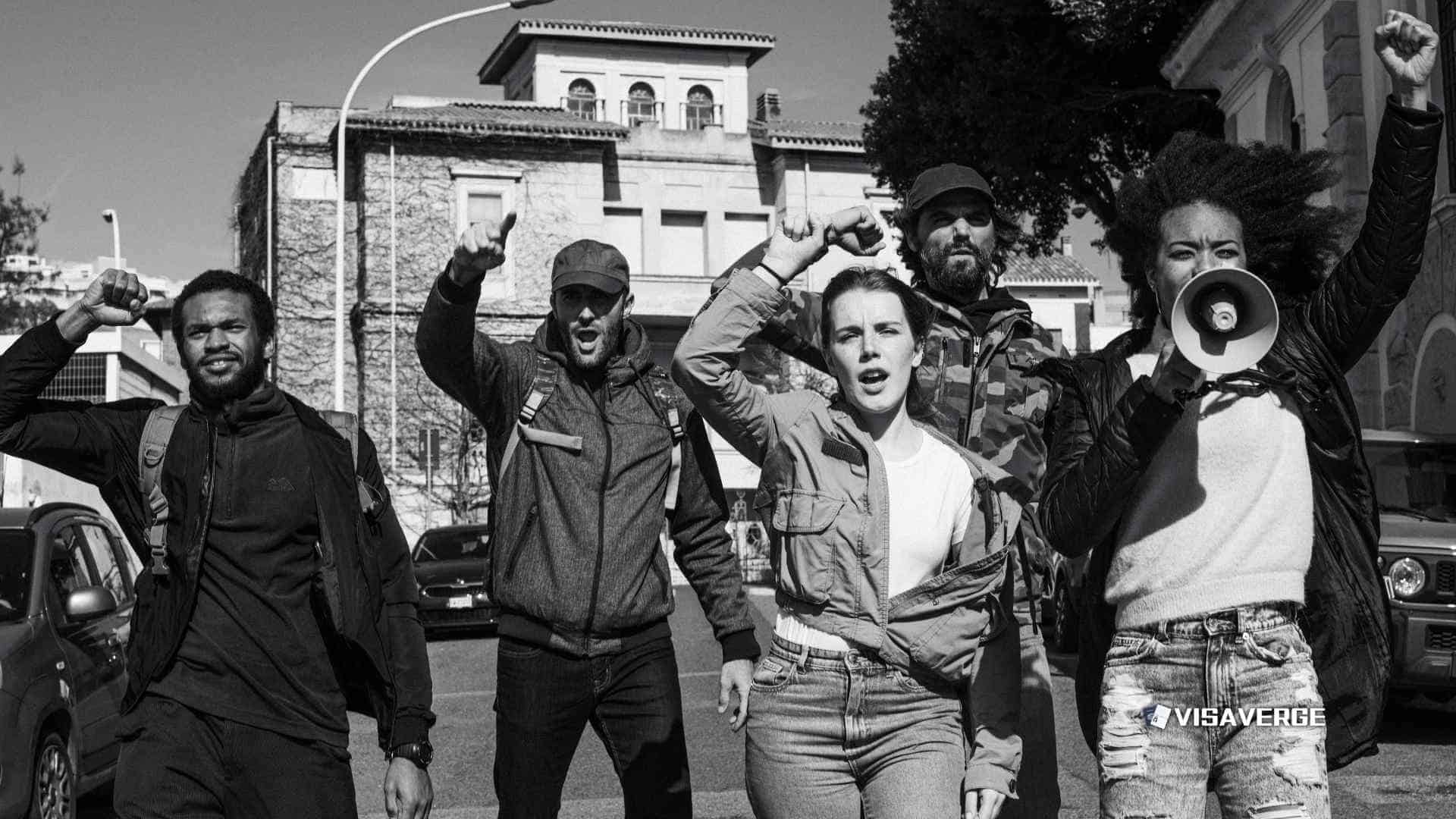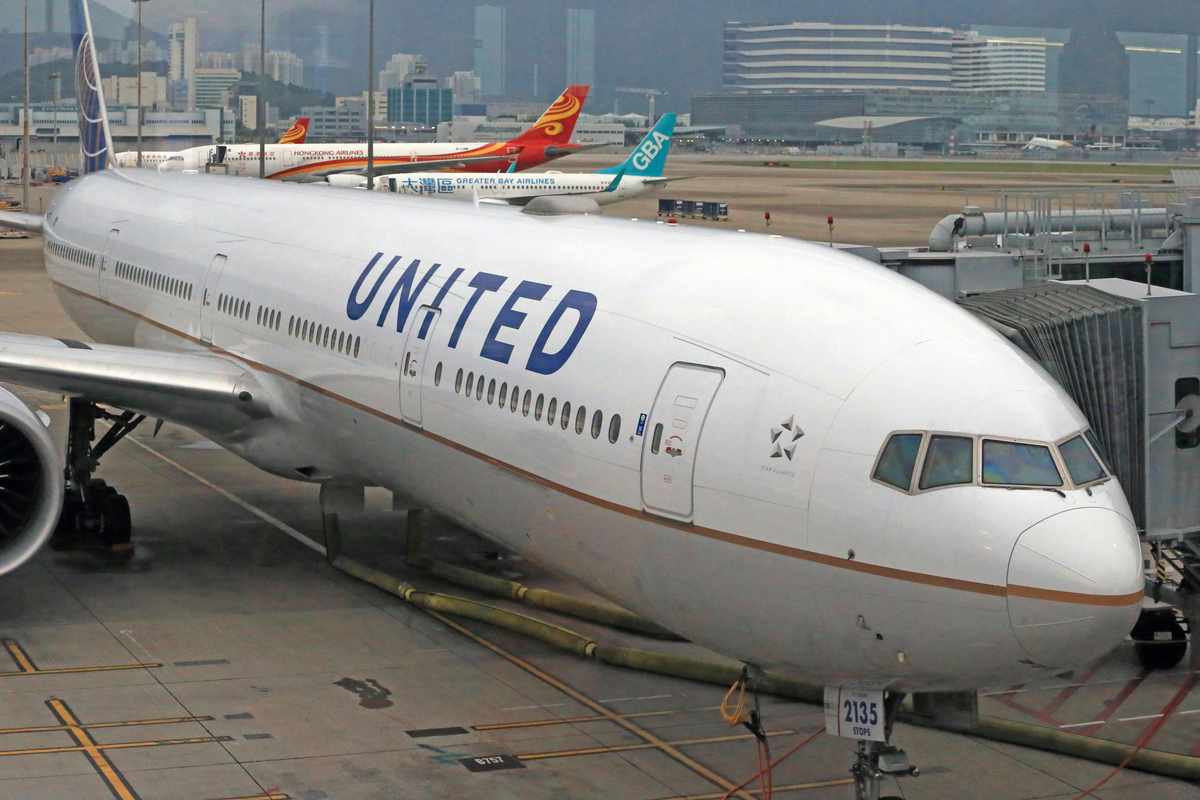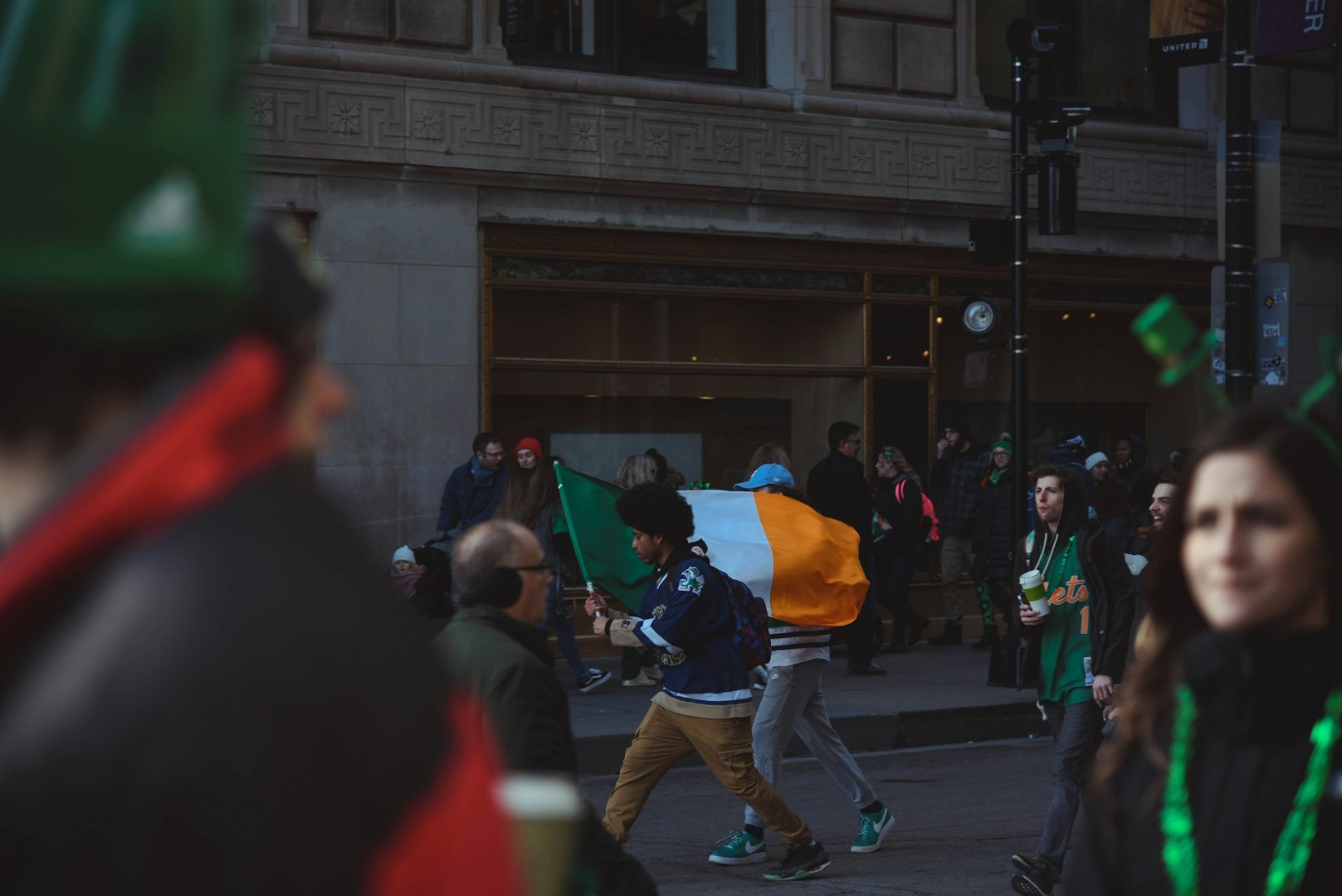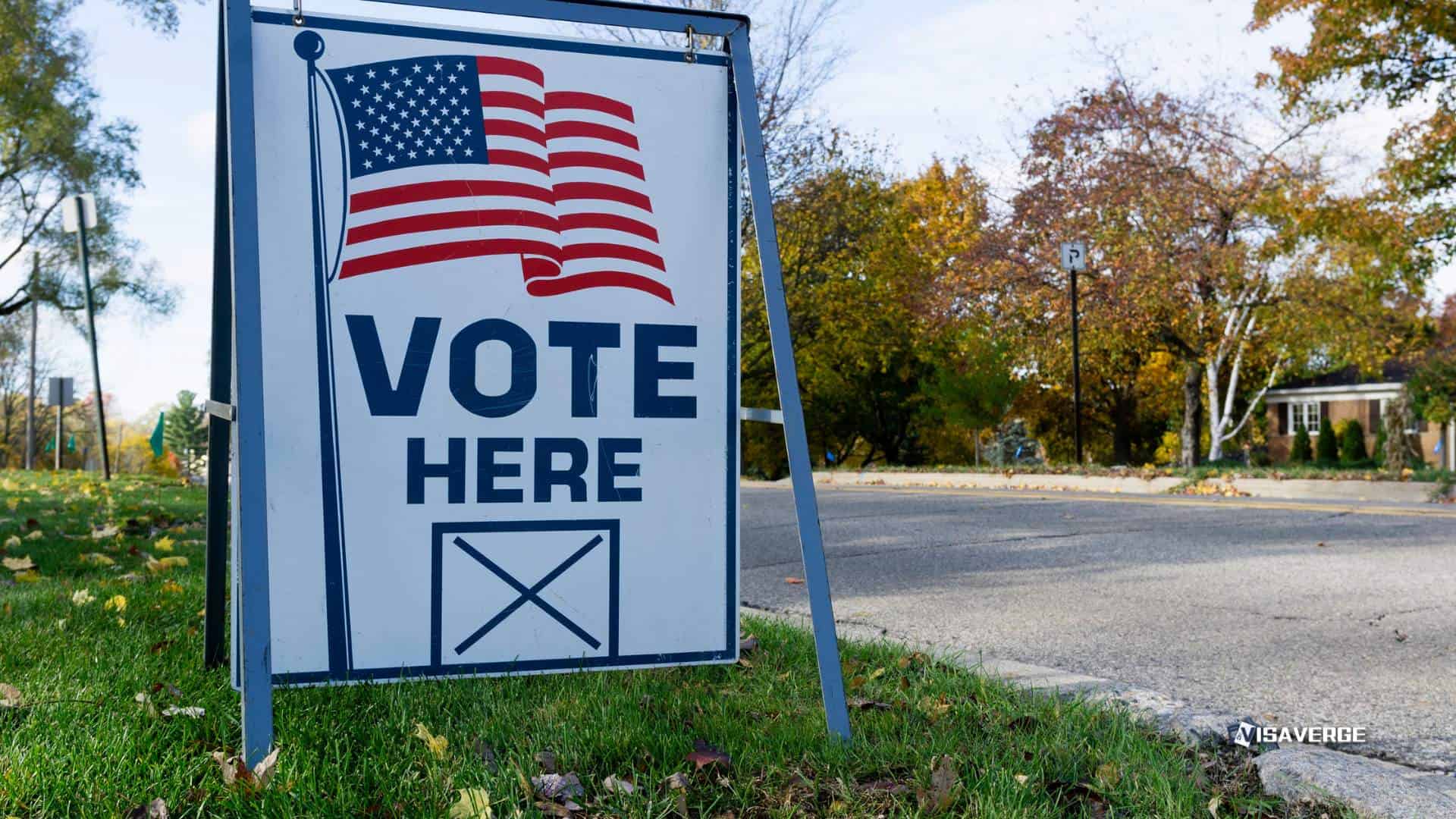The U.S. Department of Justice has formally acknowledged that Homeland Security Secretary Kristi Noem personally decided in March 2025 to continue deportation flights carrying alleged Venezuelan gang members to El Salvador, even after a federal judge ordered the government to halt the removals and turn planes around.
In a filing made public in late November 2025, Justice Department lawyers said Noem acted after receiving legal advice from senior officials, including Deputy Attorney General Todd Blanche and Principal Associate Deputy Attorney General Emil Bove, as well as from the Department of Homeland Security. The filing argued that her decision was lawful and consistent with their reading of the court’s order.
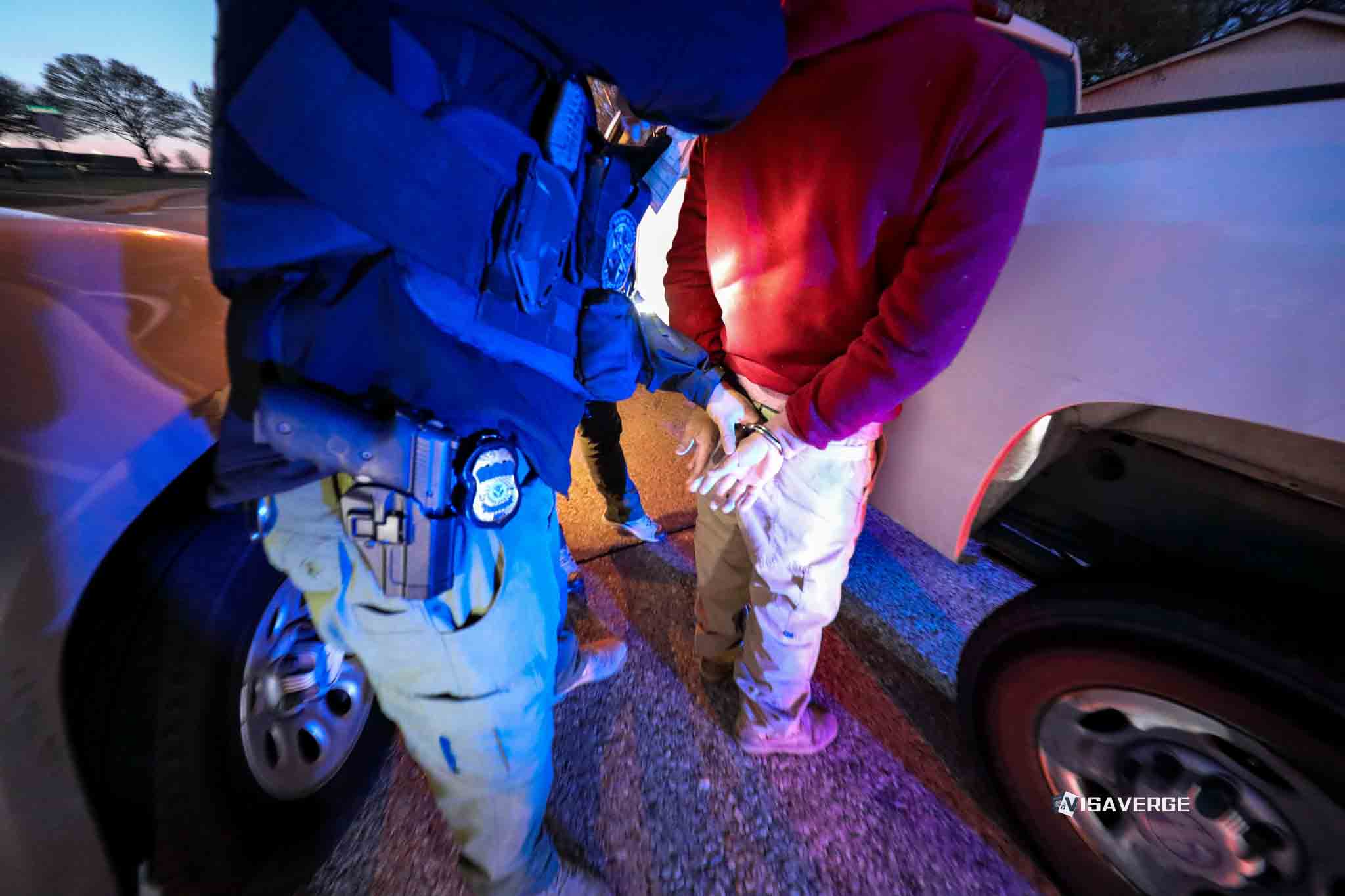
Legal dispute and the court order
The dispute centers on an emergency directive issued by U.S. District Judge James Boasberg under the Alien Enemies Act of 1798, which told the government to stop the deportation flights and bring back any planes already en route. Civil liberties groups had challenged the mass removal of detainees described as gang suspects rather than convicted criminals.
Judge Boasberg, who was appointed by former President Barack Obama, issued a temporary restraining order directing the administration to halt the deportations and return the flights. Kristi Noem concluded that detainees who had already been removed from the United States before the order was formally entered could still be transferred into Salvadoran custody.
According to the Justice Department’s account, officials believed there was a meaningful difference between Boasberg’s comments from the bench and the written order that followed. They argued that the final written language did not clearly require the government to recall flights that had left U.S. airspace before the document was signed.
Contempt inquiry and DOJ’s position
Judge Boasberg has accused Trump administration officials of willfully disregarding his instructions and has said there is probable cause to consider criminal contempt of court, a serious allegation that could, in theory, expose those involved in the deportation flights to prosecution.
An appeals court later opted only to let Boasberg’s inquiry move forward rather than immediately confirm a contempt finding.
The Justice Department continues to dispute that Kristi Noem or other senior officials violated the order, repeating in its November filing that they acted in what they saw as good‑faith reliance on legal guidance and a reasonable interpretation of what the judge had actually put in writing.
Key takeaway: The DOJ frames this as a dispute over timing, wording, and the limits of judicial control over real‑time enforcement operations, not as a concession of wrongdoing.
Conditions of the deportees and legal criticisms
The deportees at the center of the case were flown to El Salvador and placed in the country’s high‑security CECOT prison complex, where, according to the court filings, they were held for months in harsh conditions without due process hearings or access to lawyers.
They had been swept up as part of a Trump administration initiative aimed at alleged Venezuelan gangs, including Tren de Aragua and MS‑13, with officials relying on the centuries‑old Alien Enemies Act to justify rapid removals that critics say bypassed the normal immigration court system.
Advocates for detained migrants and several legal scholars have sharply criticized the government’s actions, arguing that shipping people to CECOT without hearings, access to counsel, or individualized findings of dangerousness:
- Conflicts with basic due process principles
- Raises broader questions about how far the executive branch can stretch national security powers in the immigration context
The controversy has also drawn attention to the conditions inside CECOT, a symbol of President Nayib Bukele’s aggressive anti‑gang campaign. The U.S. filing in the Kristi Noem case focuses less on human rights concerns and more on the narrow legal argument over how to read Judge Boasberg’s words.
Potential impact and broader implications
According to analysis by VisaVerge.com, the Justice Department’s position in this litigation could shape how future administrations approach emergency immigration orders—especially when deportation flights are already in the air and courts move quickly to intervene.
The filing does not concede any wrongdoing but frames the episode as a dispute over timing and wording. It underscores questions about the limits of judicial control over fast‑moving enforcement operations, even as Boasberg presses ahead with efforts to revive potential contempt proceedings against Trump‑era officials connected to the removals to El Salvador.
For the deportees, the immediate outcome did not change what happened in March 2025—planes left U.S. soil and delivered them into CECOT’s cells. But the inquiry may determine whether any senior official is ever held personally responsible for choosing to press ahead after a judge said the flights should stop.
Civil rights lawyers say the episode has already sent a chilling message to asylum seekers and other non‑citizens who fear that sudden deportation flights to El Salvador or other countries could proceed even while emergency court challenges are still being heard.
At the same time, supporters of the Trump administration’s strategy argue:
- The Alien Enemies Act (on the books since 1798) gives the executive branch wide latitude to remove non‑citizens considered threats during periods framed as security crises.
- Judge Boasberg’s temporary restraining order, they say, risked undermining a campaign targeting violent transnational gangs.
What the filing reveals about internal guidance
The Department of Justice has not publicly signaled whether it would change its internal guidance on responding to similar emergency orders. The detailed account in the November filing illustrates how lawyers at Main Justice and the Department of Homeland Security sought to give Kristi Noem legal cover to continue the flights, rather than instructing air crews to reverse course immediately.
For now, the case remains a pointed example of the tension between:
- Federal judges issuing rapid injunctions, and
- Executive branch officials managing fast‑moving deportation operations, especially when those operations involve secretive transfers to high‑security facilities overseas.
Immigration attorneys following the litigation say the record in the Kristi Noem dispute will likely be studied closely by future administrations, judges, and advocates when they weigh how forcefully courts can insist that deportation flights be stopped or reversed once a written order is in place.
Timeline (condensed)
| Date | Event |
|---|---|
| March 2025 | Deportation flights left U.S. soil carrying alleged Venezuelan gang members to El Salvador. |
| March 2025 | Judge James Boasberg issued a temporary restraining order from the bench to halt the removals and return flights. |
| March 2025 | Kristi Noem concluded detainees already removed before the written order was entered could be transferred to Salvadoran custody. |
| Late November 2025 | DOJ filing publicly stated Noem personally decided to continue flights after consulting senior officials. |
| Post-filing | Boasberg pursued a possible criminal contempt inquiry; an appeals court allowed the inquiry to proceed. |
Where to find official guidance
Official guidance on how the Justice Department handles court orders in immigration and national security matters is available on the department’s public website, including policy materials posted by the U.S. Department of Justice for lawyers, judges, and members of the public around the United States: https://www.justice.gov
The DOJ revealed that Secretary Kristi Noem personally chose in March 2025 to continue deportation flights to El Salvador after consulting senior DOJ and DHS lawyers. Judge Boasberg had ordered a halt and return of flights, but officials argued the written order did not force recall of planes already beyond U.S. airspace. The filing defends the action as a reasonable legal interpretation, provoking criticism over due process and detention conditions at CECOT.


